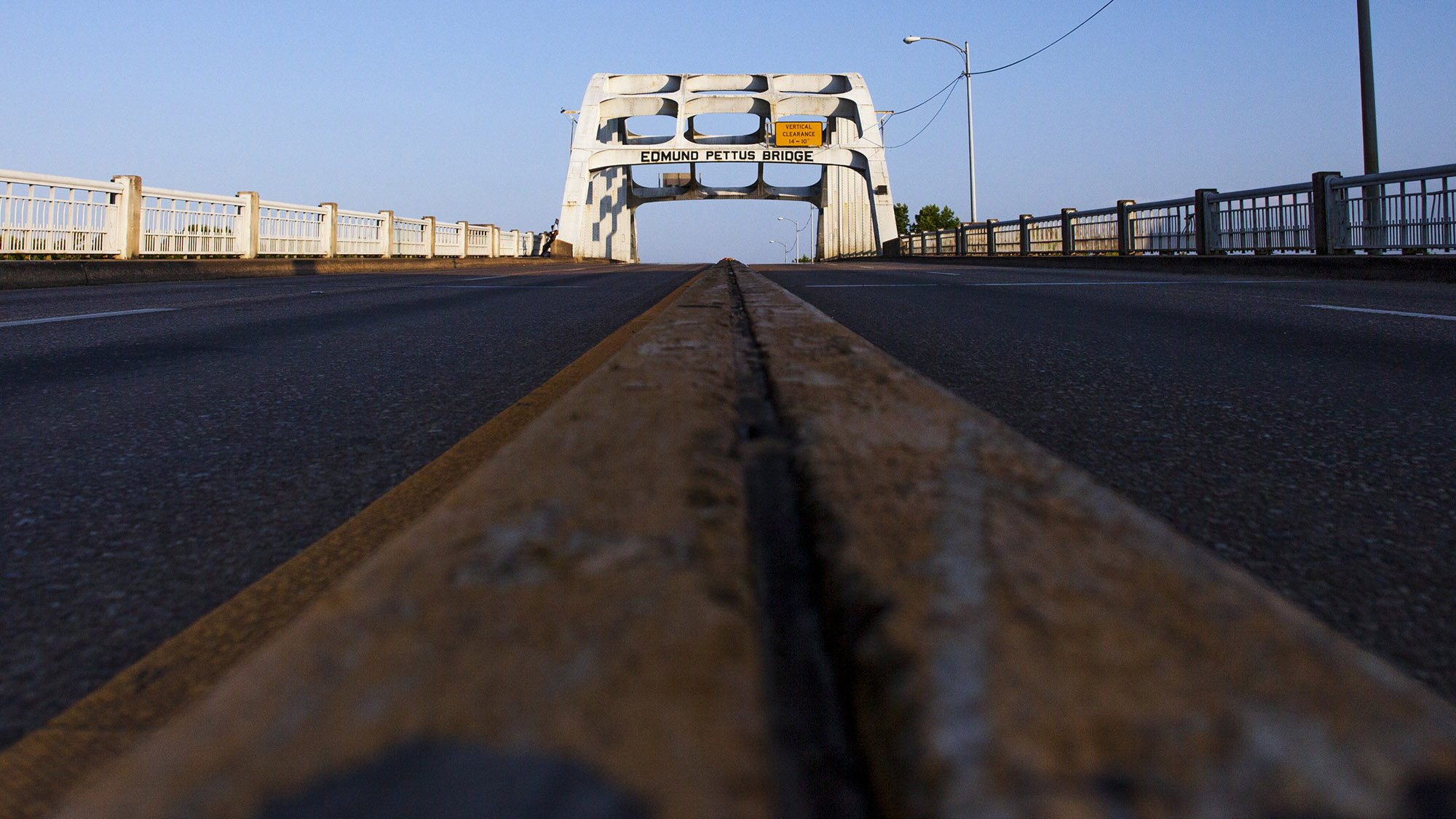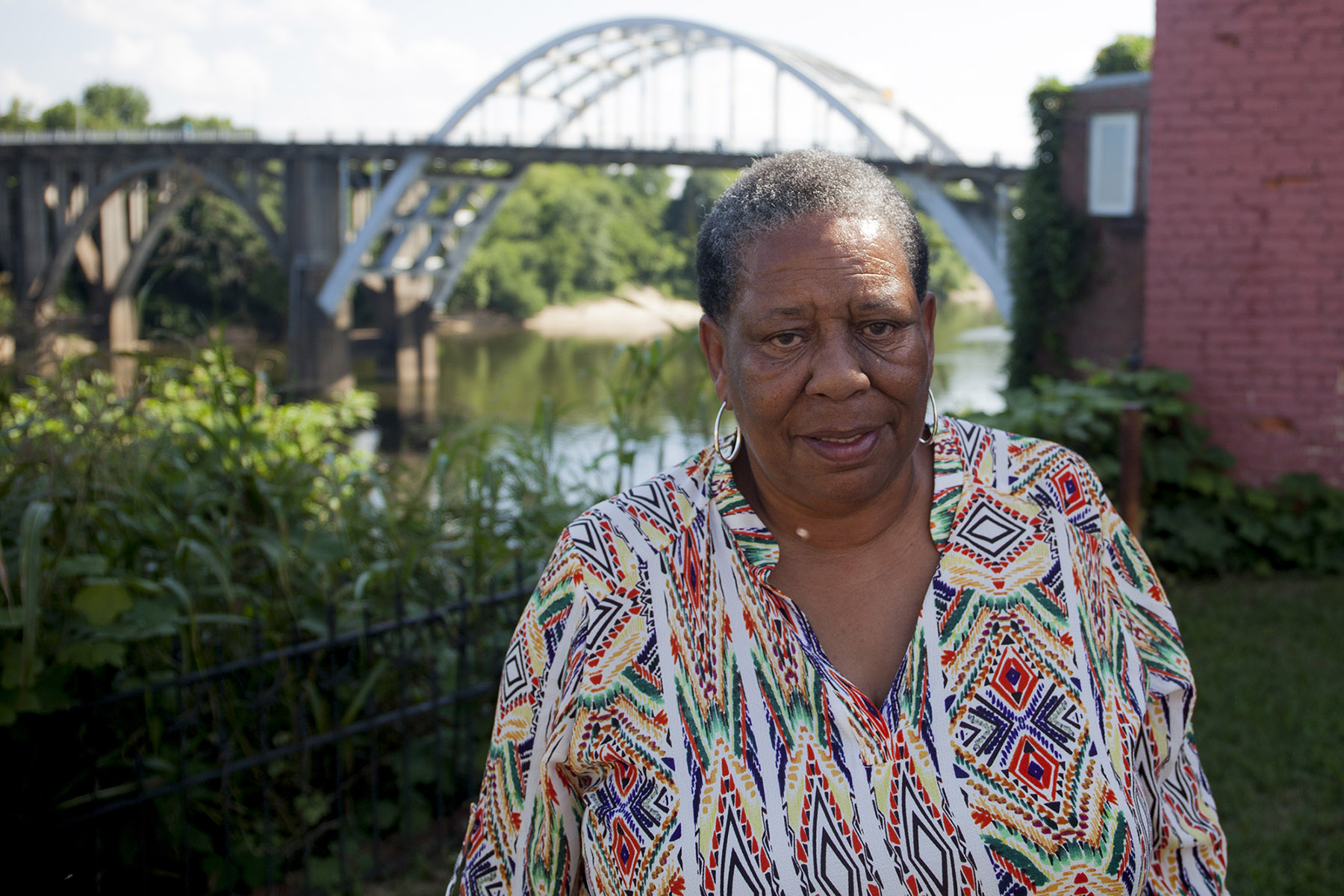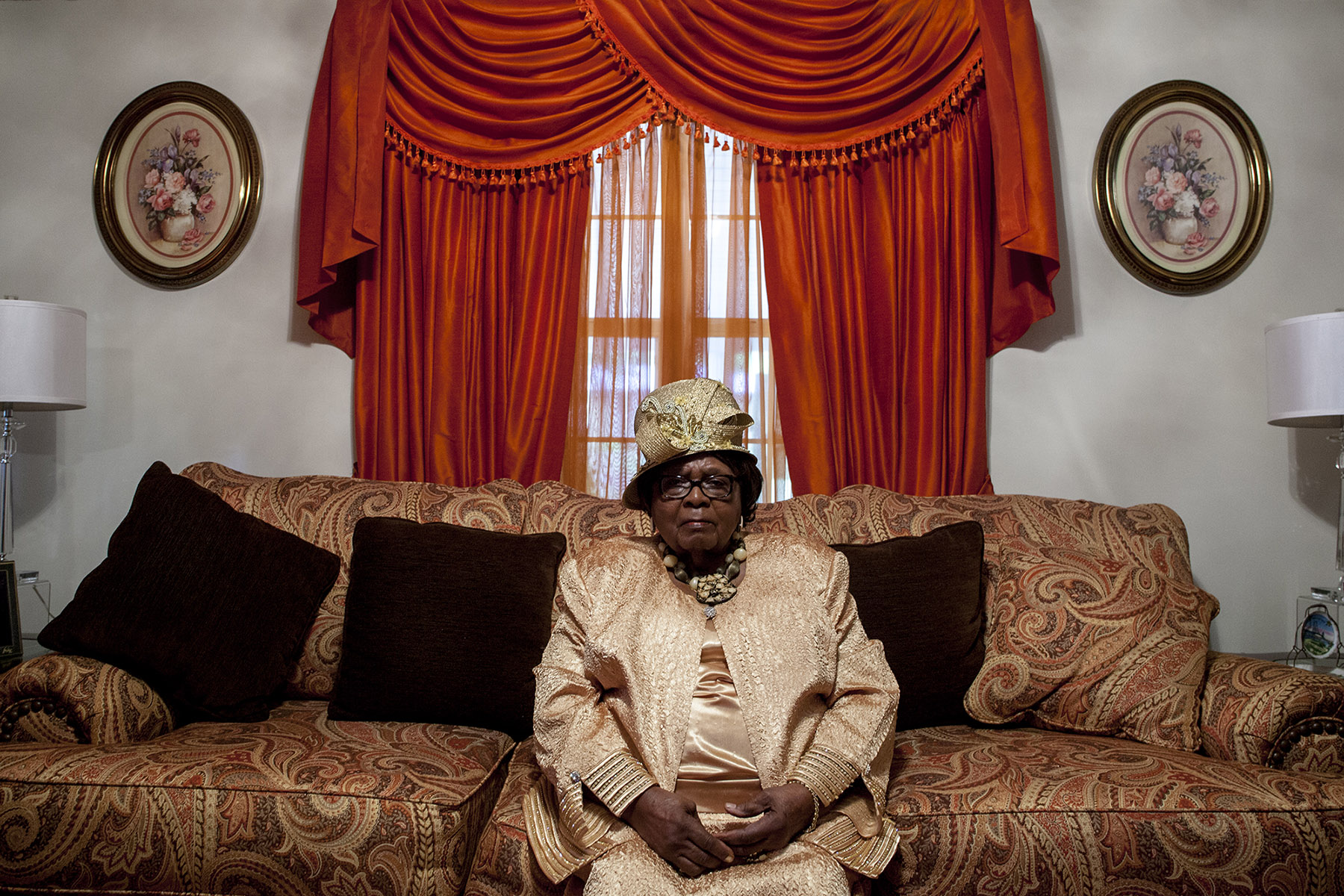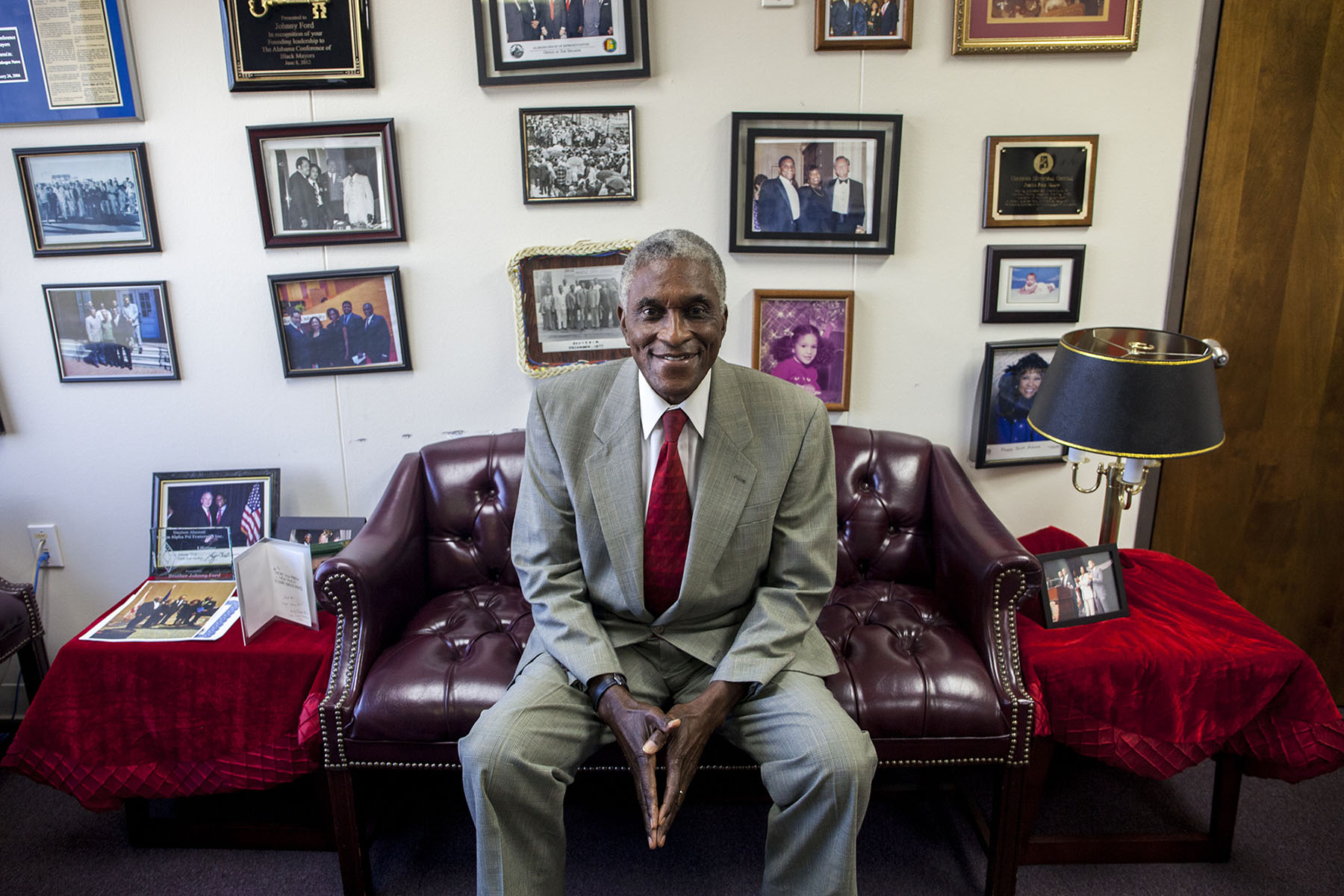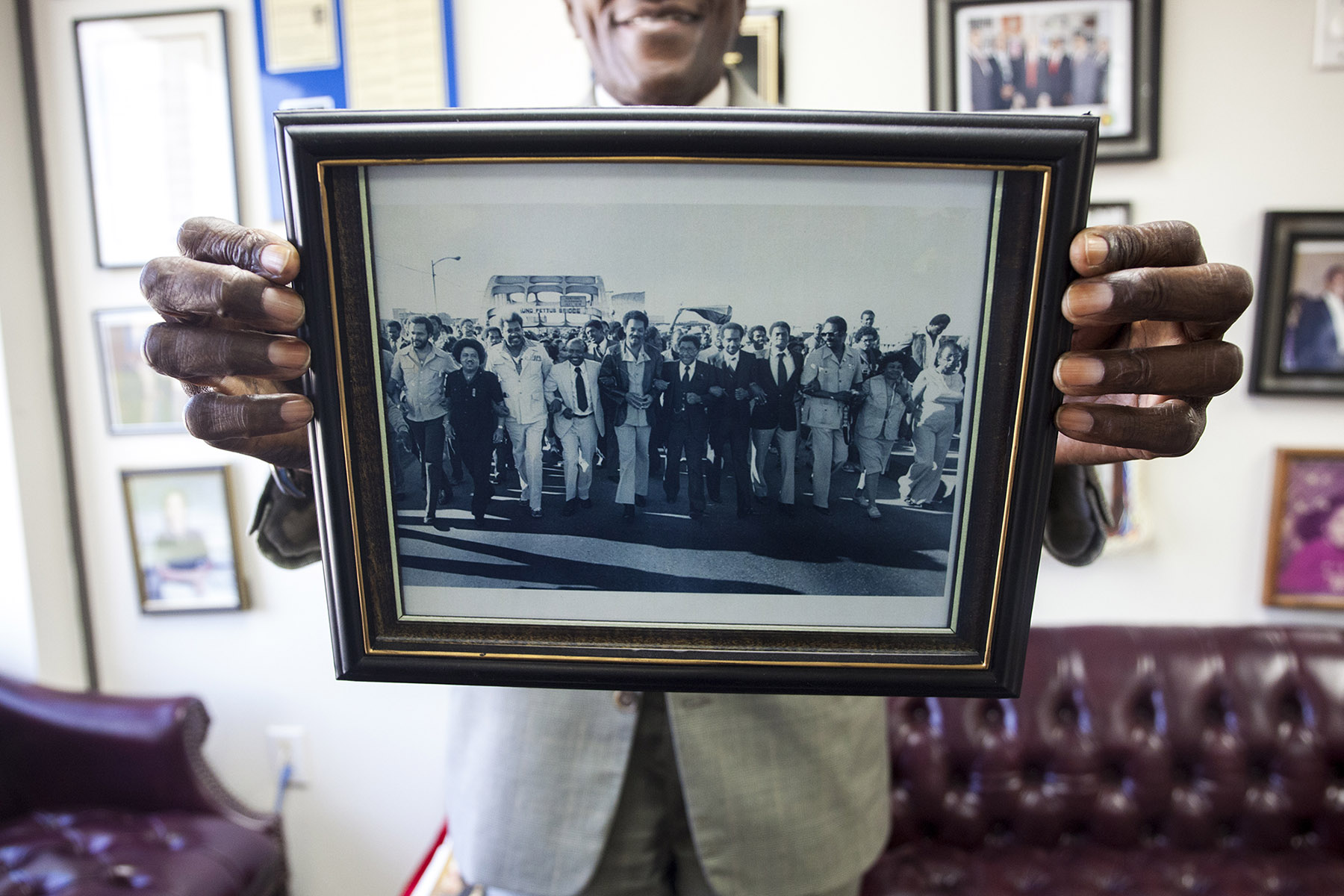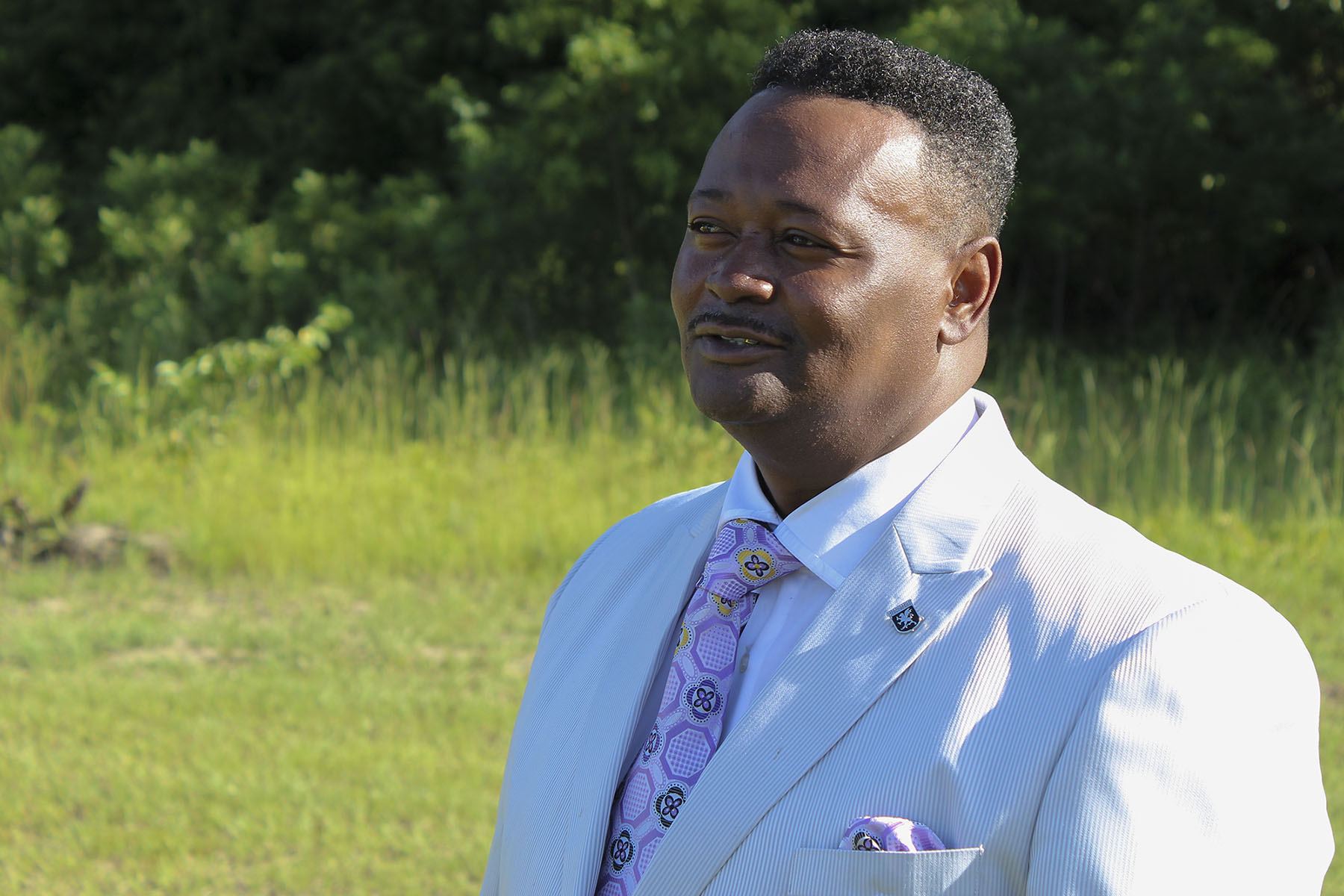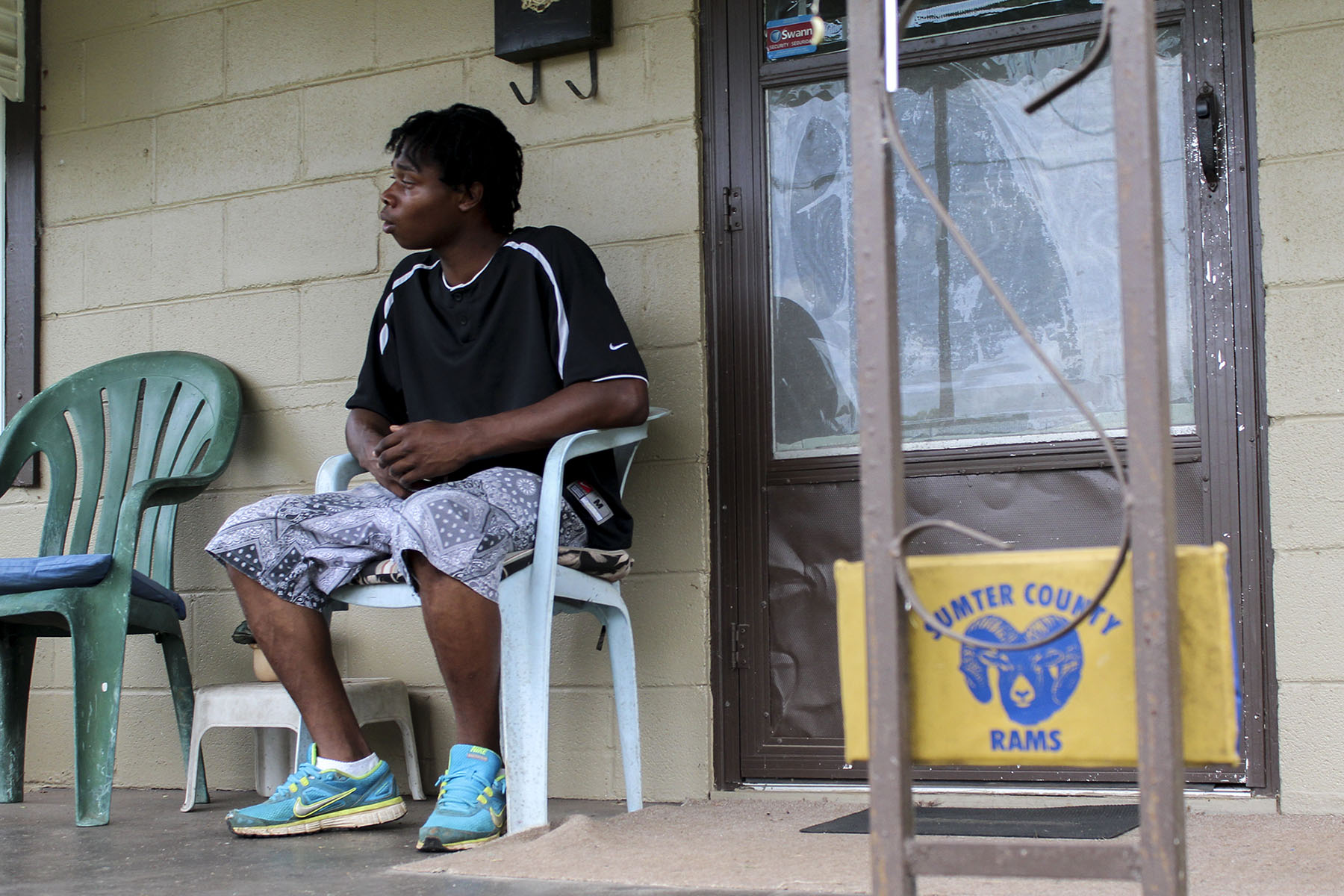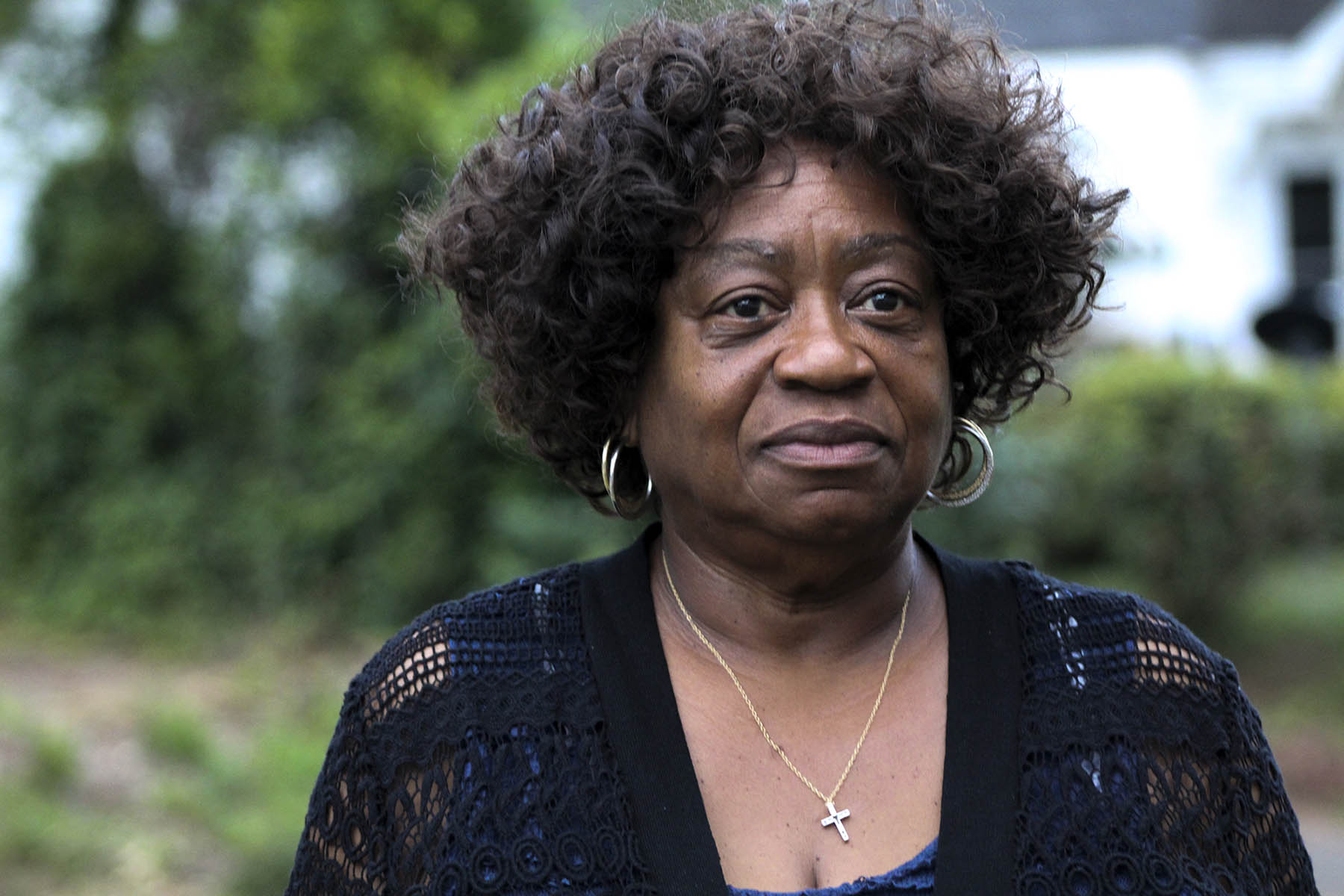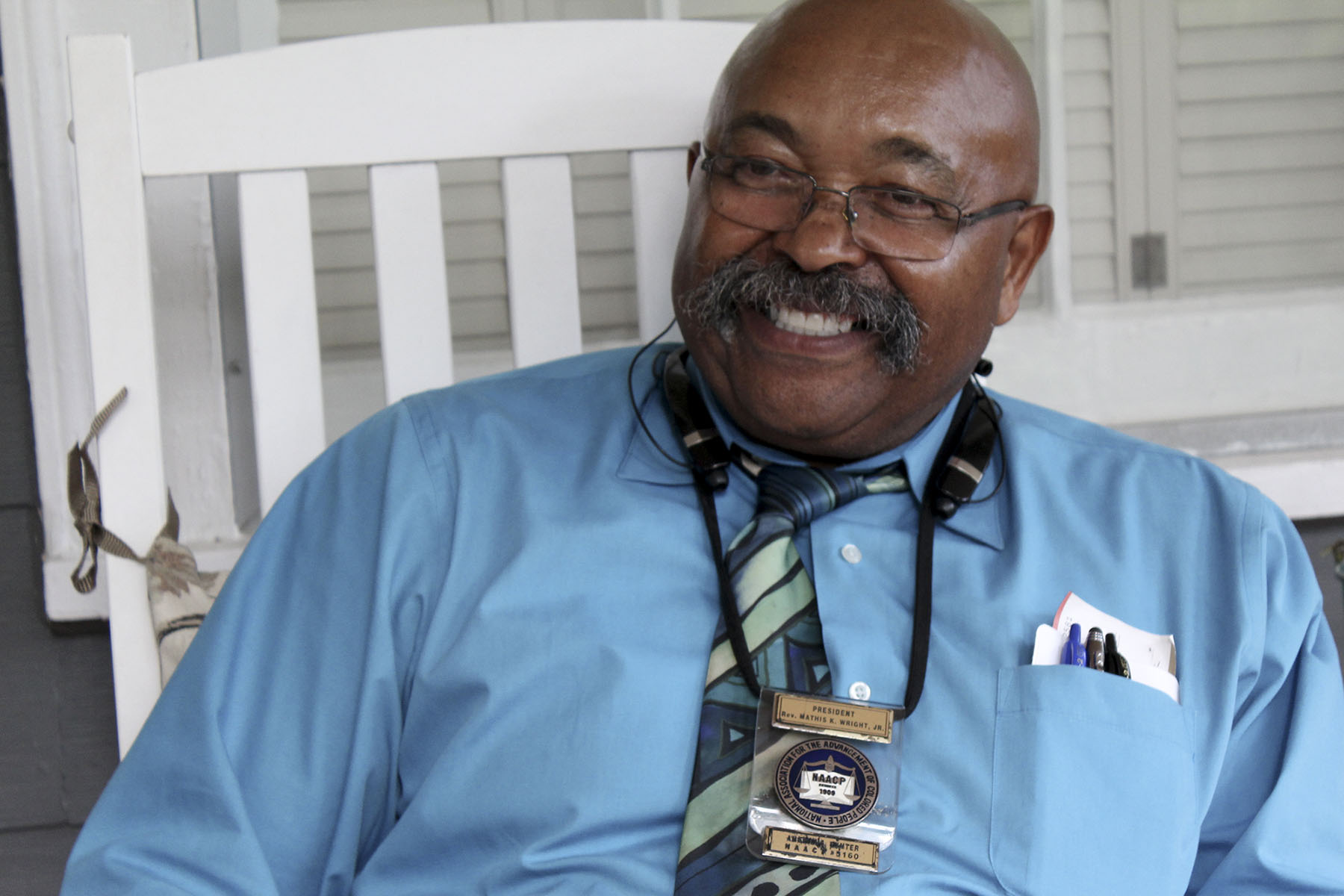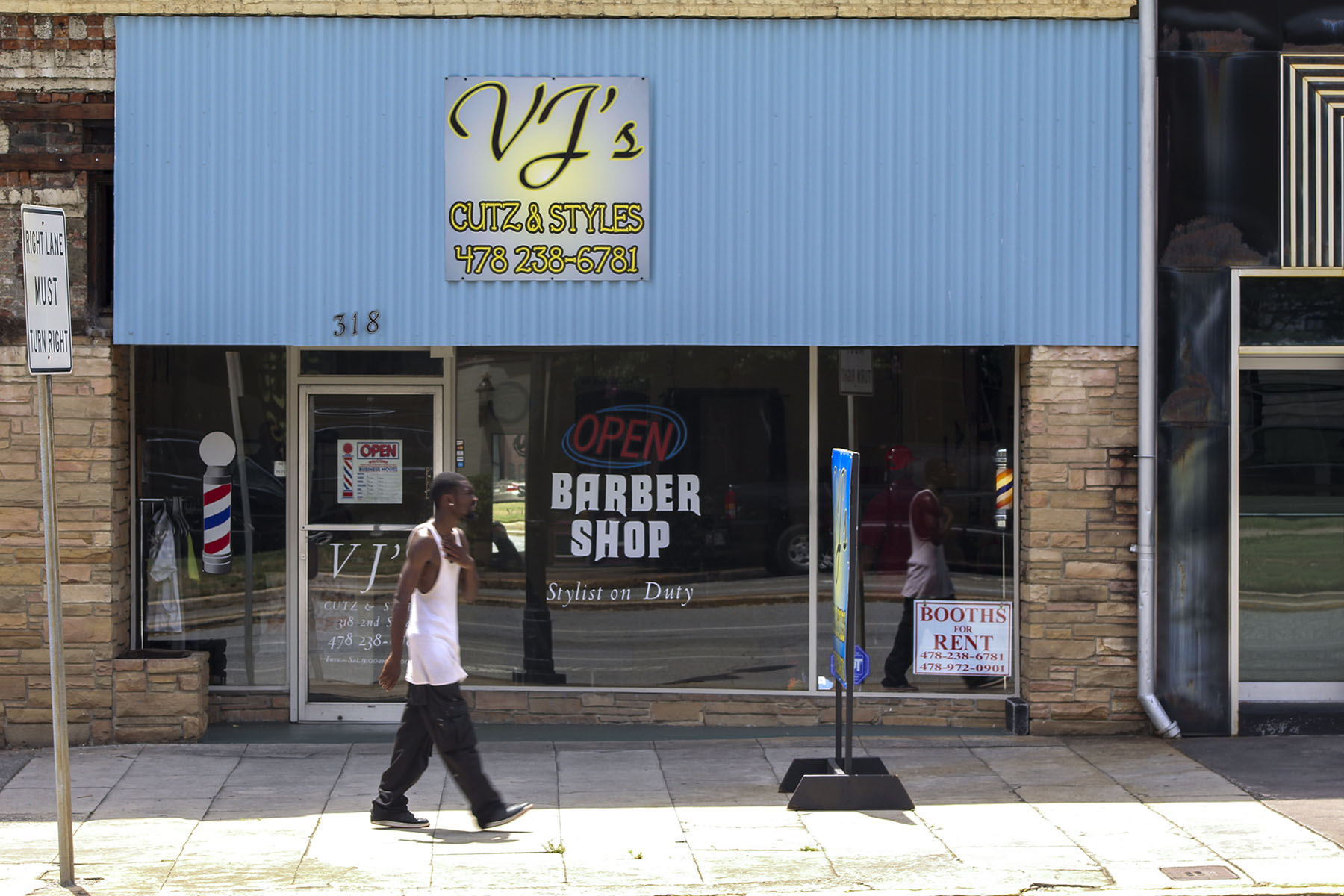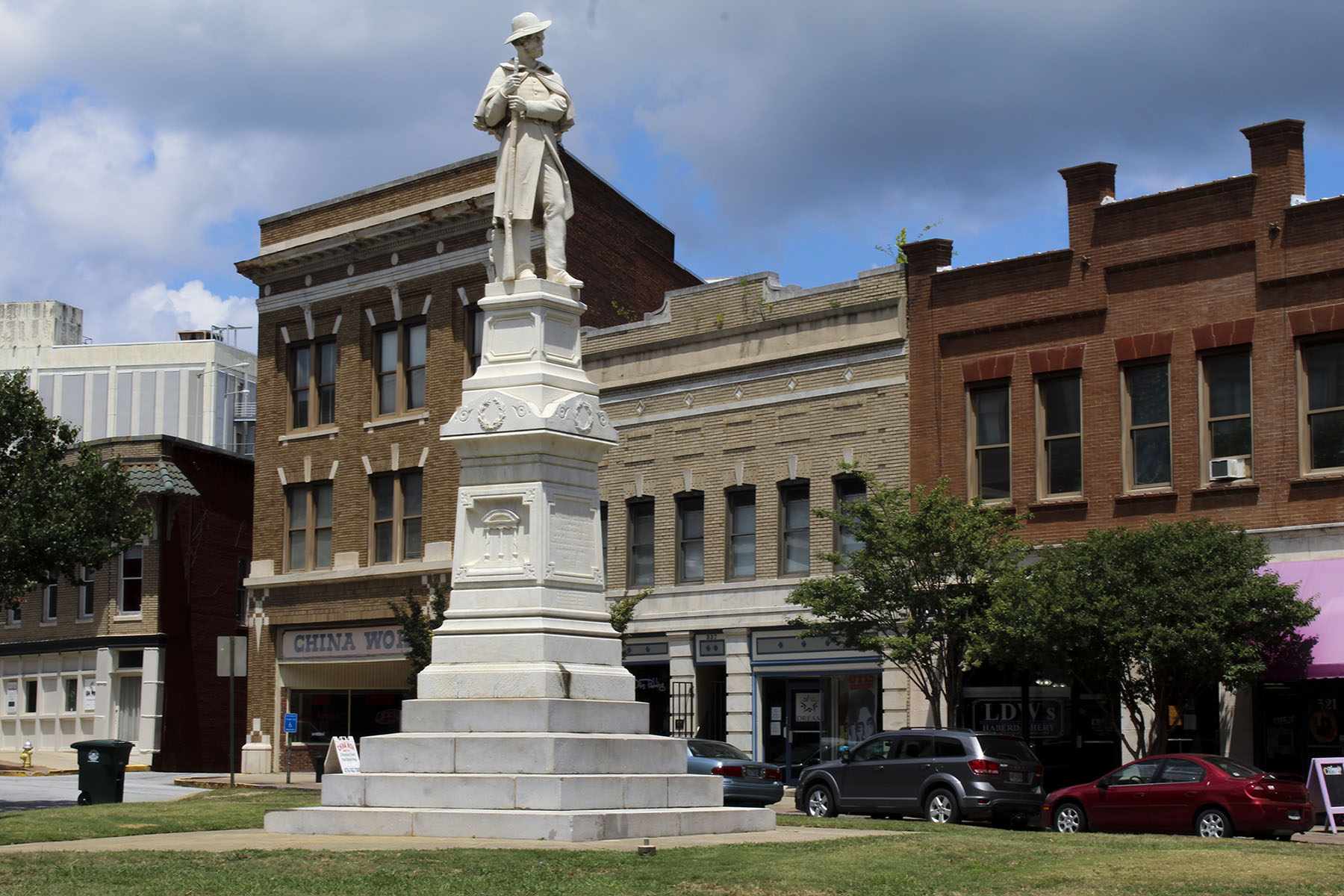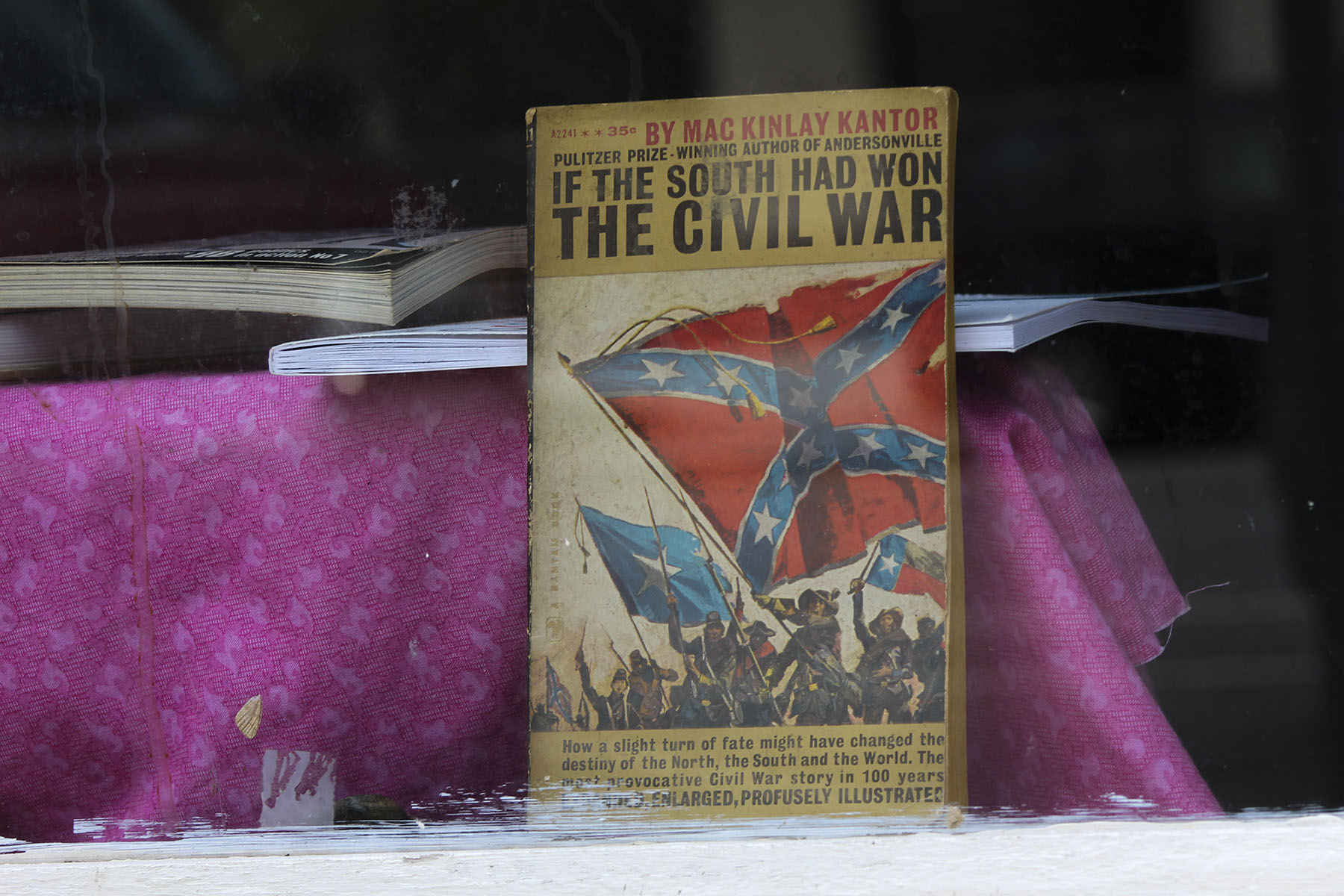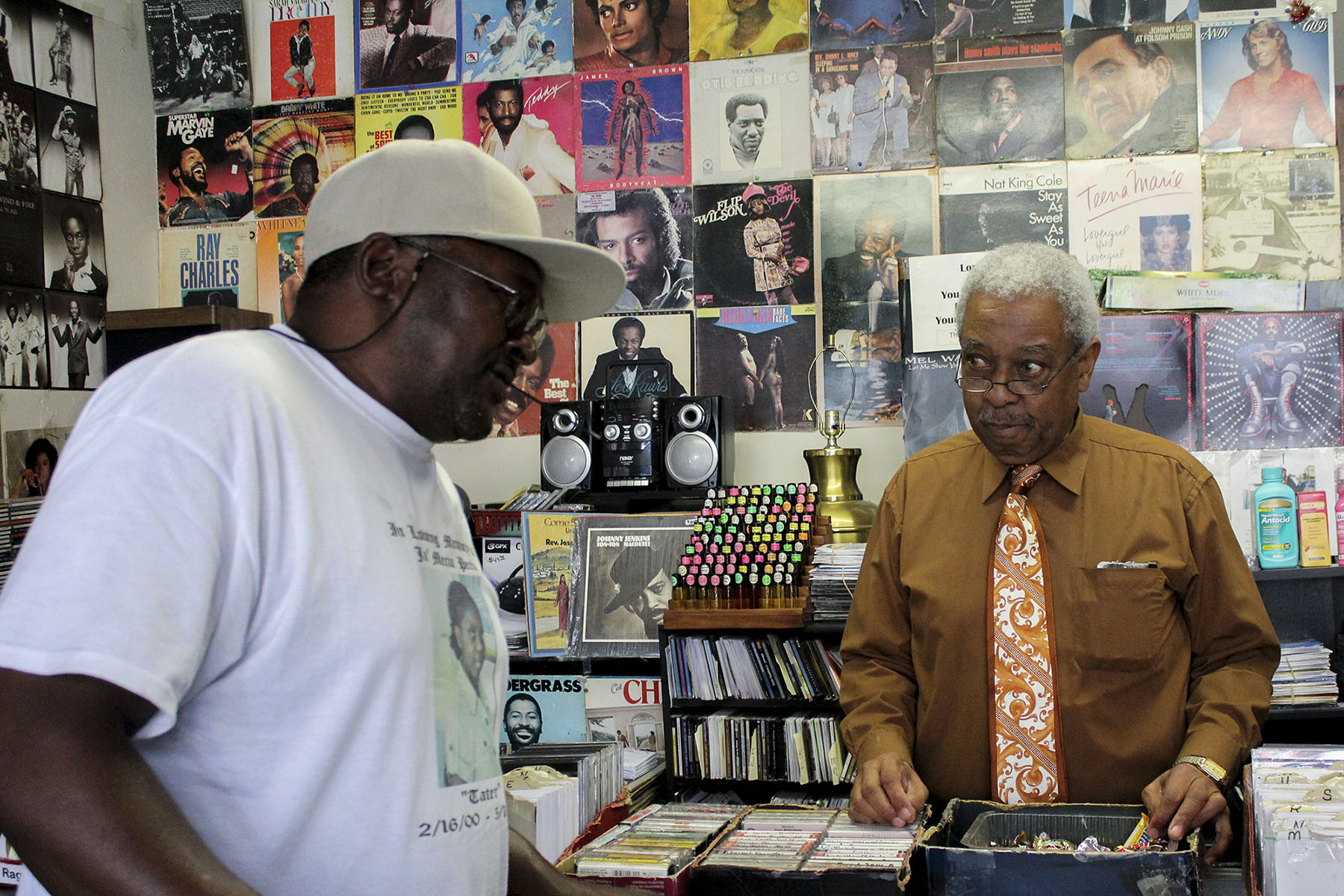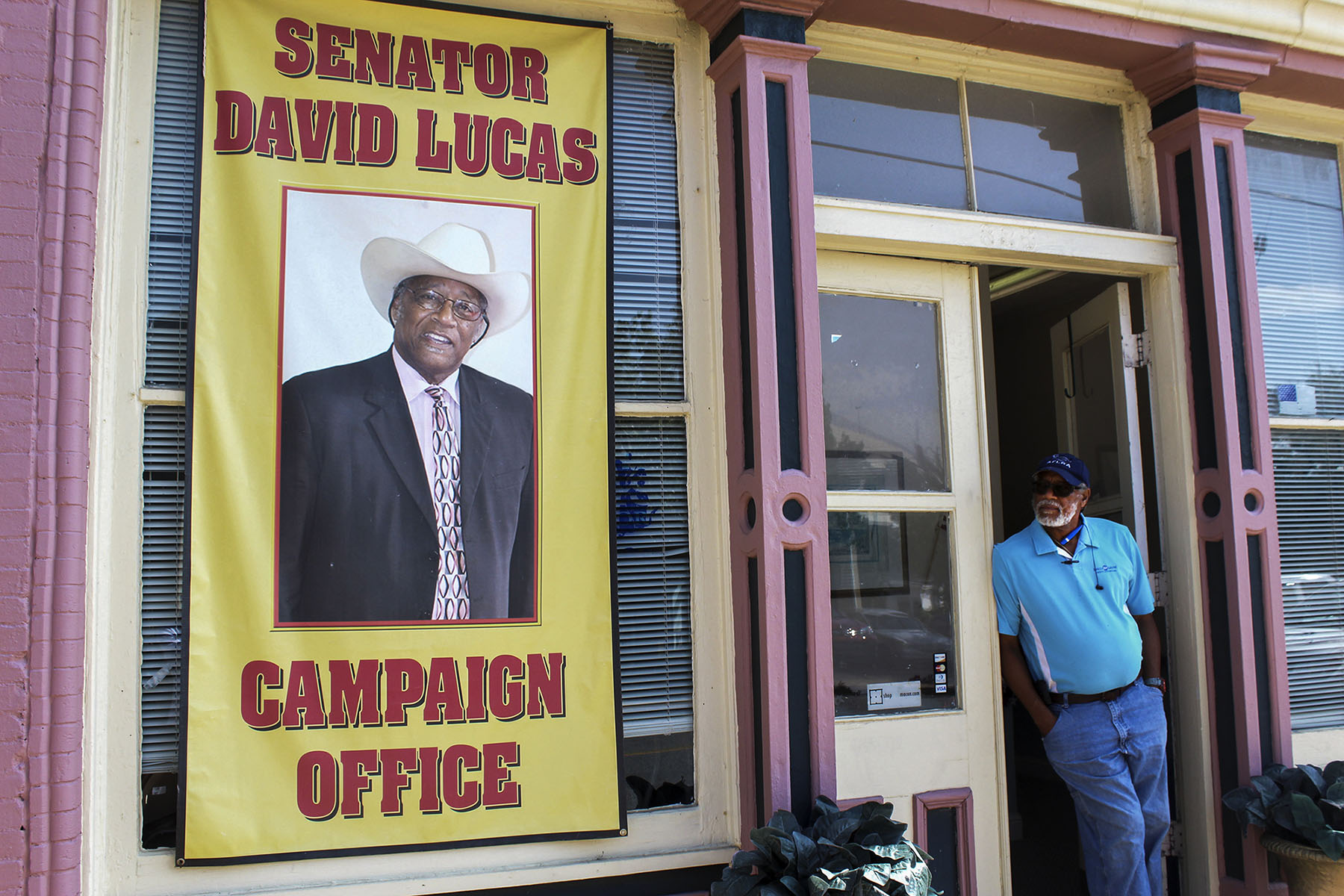SELMA, Ala. – Joanne Bland, at age 11, marched toward the Edmund Pettus Bridge on Bloody Sunday in 1965 as hundreds of African-Americans protested, demanding the right to vote. Her sister was beaten by state troopers. Bland fainted in the clouds of tear gas.
Change followed, with Congress passing the Voting Rights Act that same year. But 51 years later, a wave of new voting laws has emerged in the Southern states, potentially disenfranchising a large percentage of the roughly 3.72 million unregistered African-Americans in the region as of 2012.
Nine Southern states have implemented voting restrictions since 2012. Most require voters to show state-issued photo ID at the polls.
African-Americans who fought for voting rights during the civil rights movement claim the new laws are meant to secure a Republican majority in states with large black populations that consistently vote Democrat. In July, a North Carolina federal court overturned the state’s voter ID law, ruling that it targets African-Americans “with almost surgical precision.”
“It’s all about the political will,” said Anita Earls, executive director of the Southern Coalition for Social Justice. “If you look at a map where African-American populations are the largest, it’s basically all of the Southern states, and that’s where most of these new voting restrictions have been enacted.”
But Southern black lawmakers, activists and citizens say multiple factors have left the African-American vote at its most vulnerable, citing apathy in the post-Barack Obama era, the declining influence of former civil rights activists and the difficulty of voter mobilization.
